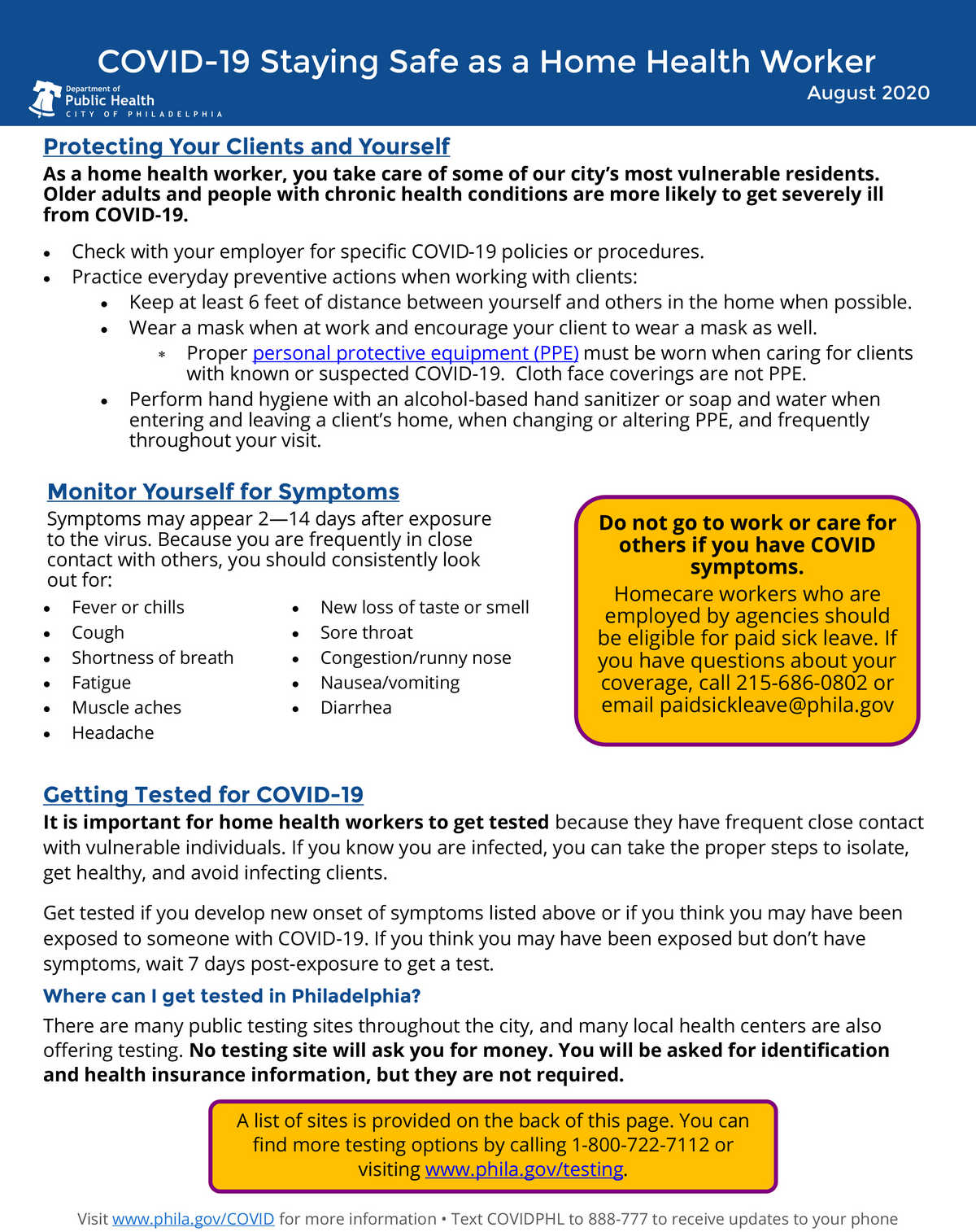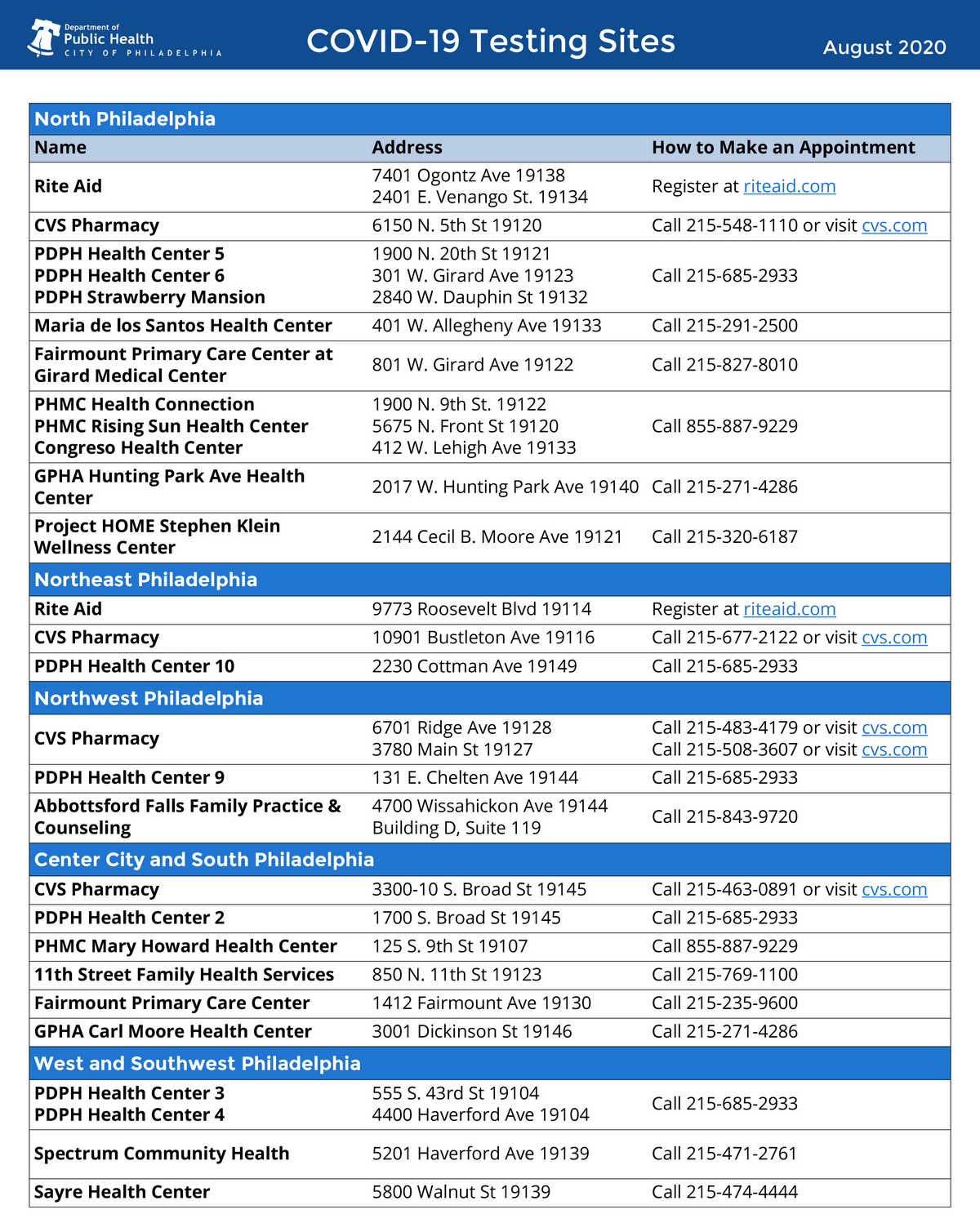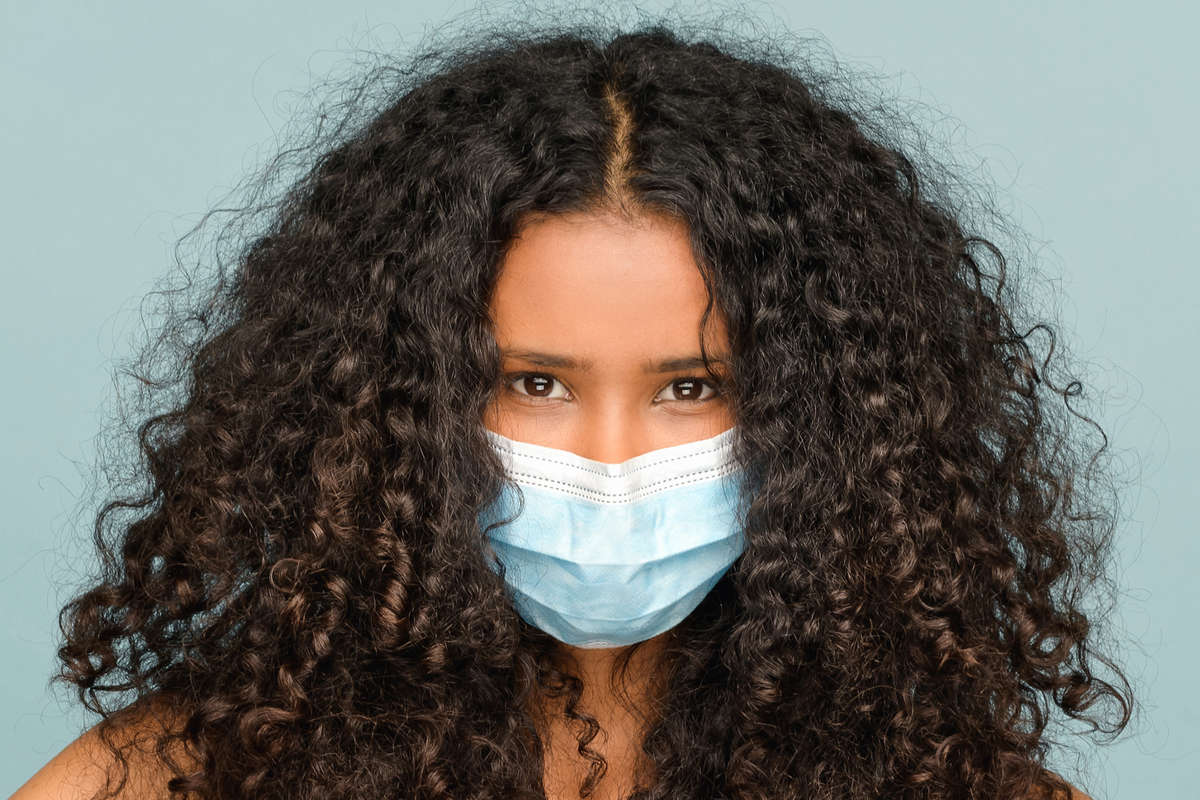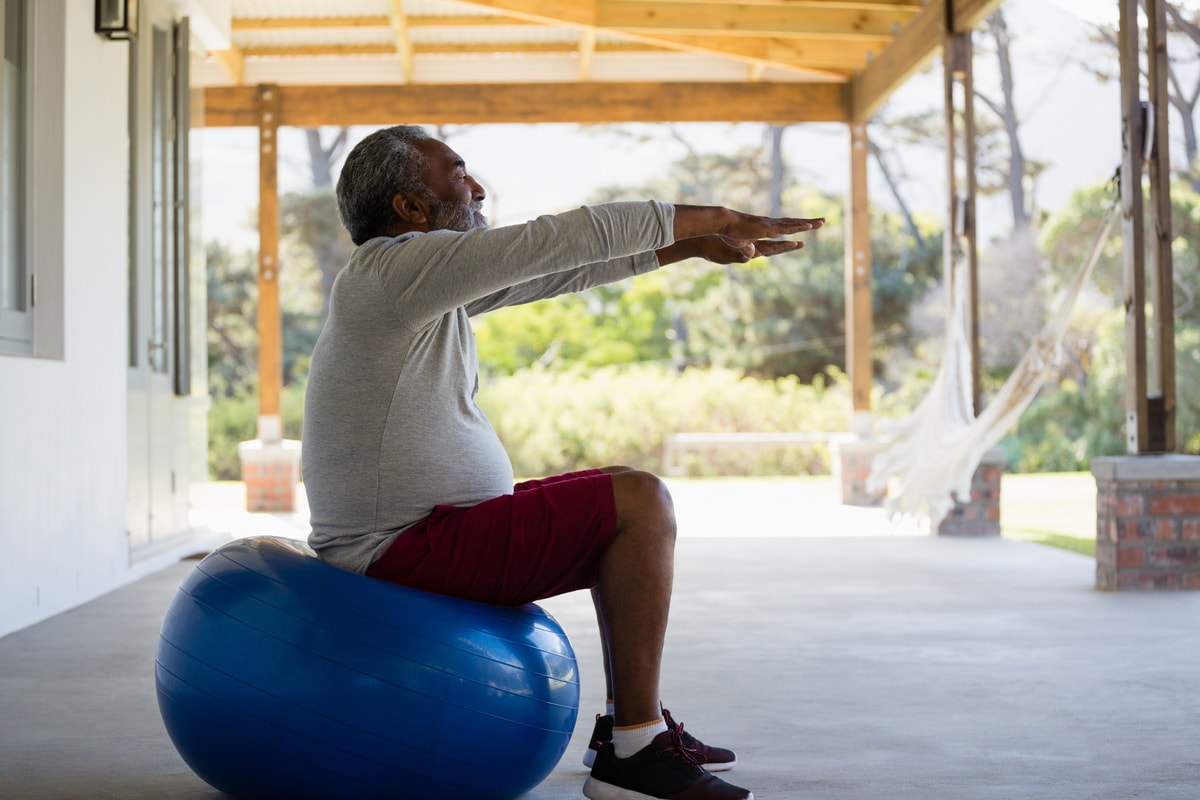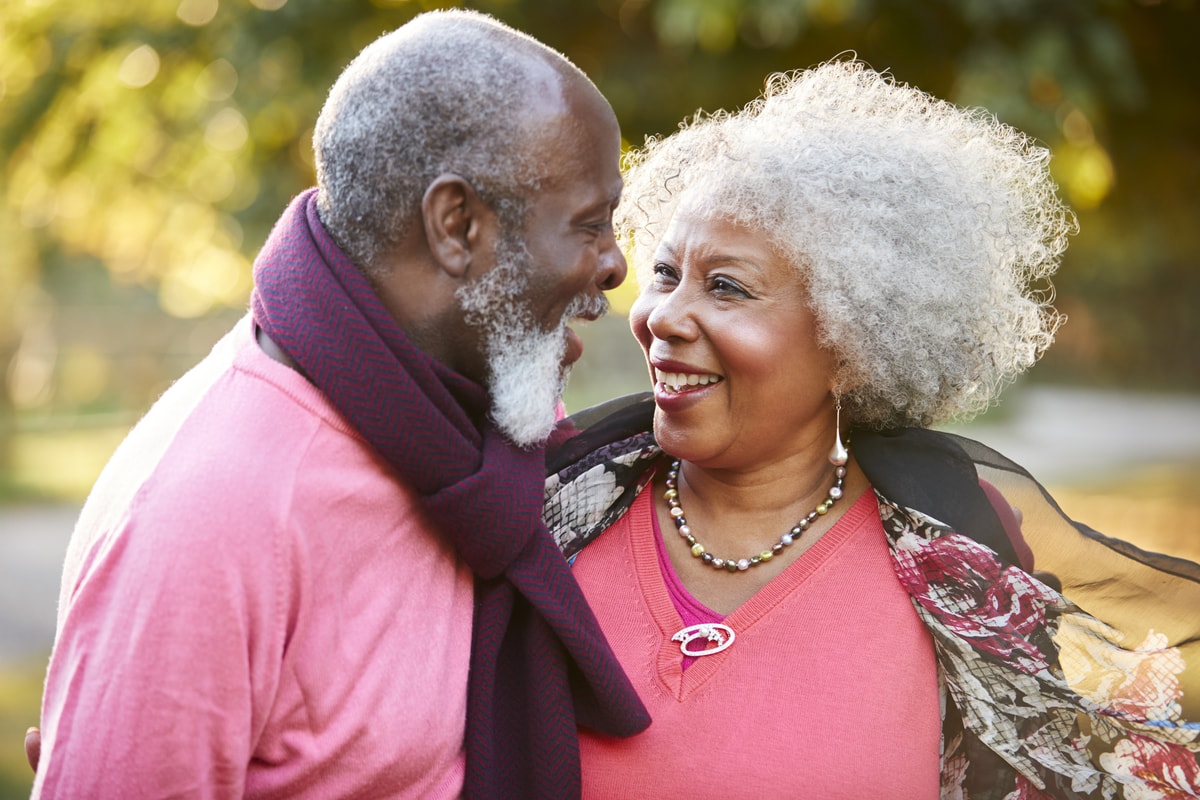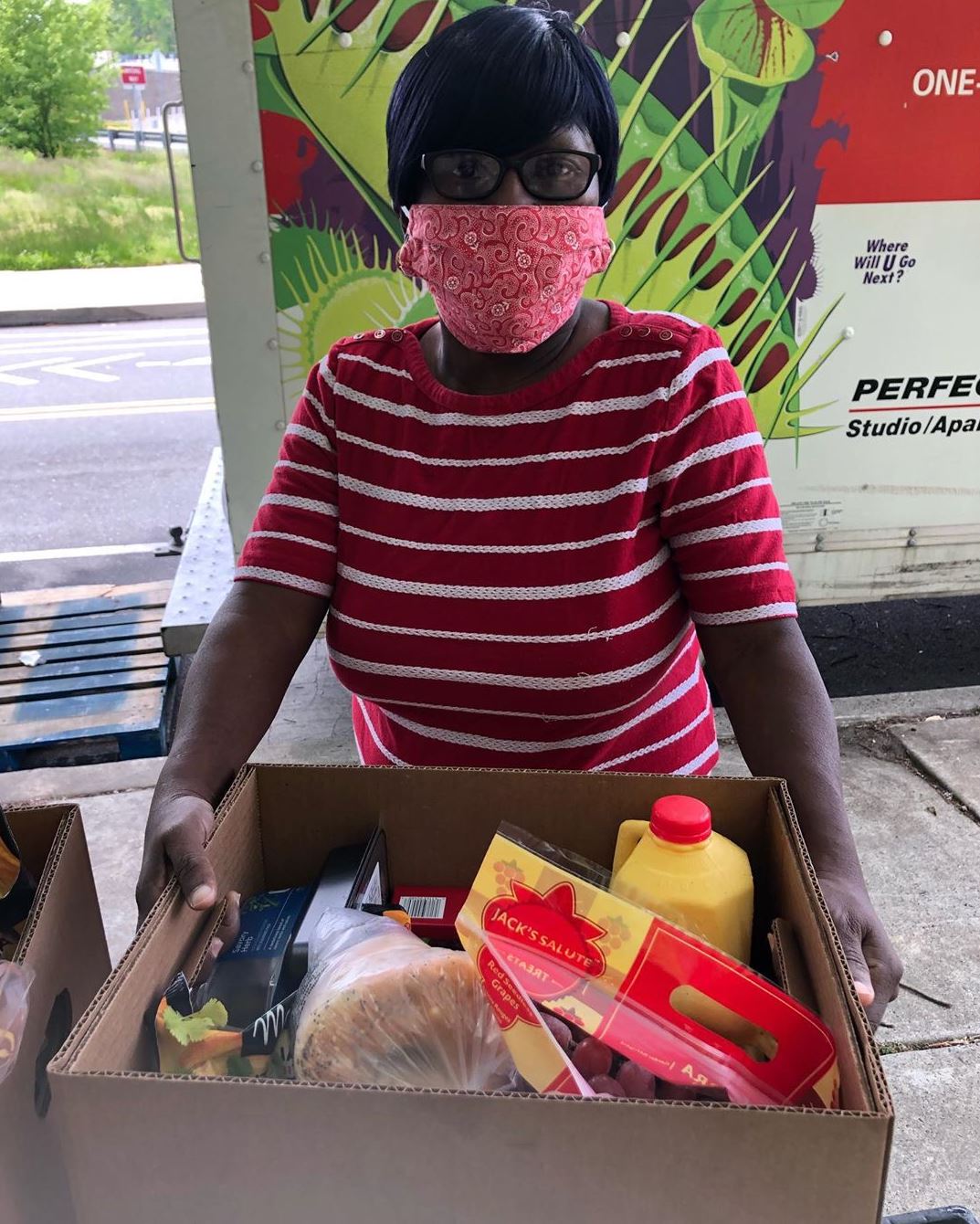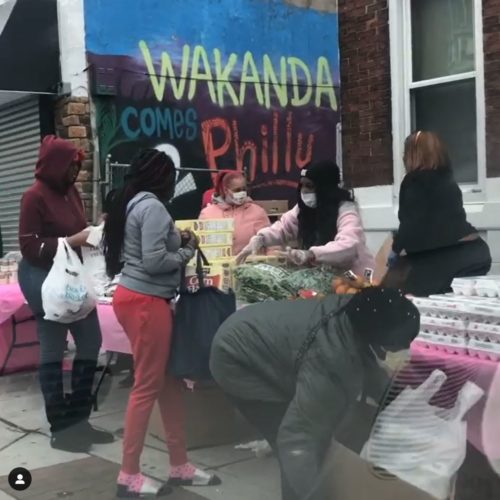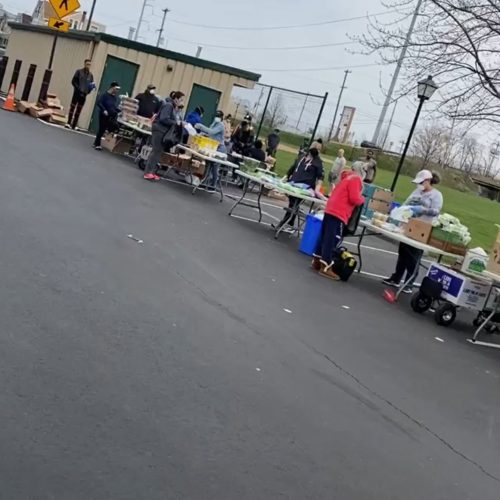What is passive stretching?
When it comes to stretching, there are two important categories to know: active and passive.
Active stretching is when you target a specific joint or muscle and work to stretch it using only that same joint or muscle.
Passive stretching, on the other hand, is when you target a specific joint or muscle using external pressure to stretch it out.
For instance, if seniors were interested in stretching their fingers, here is what the two types of stretching might look like:
- For active stretching, seniors would try to wiggle and move their fingers about, with no external help.
- For passive stretching, seniors would use their other hand (or something else) to physically push the fingers back and forth.
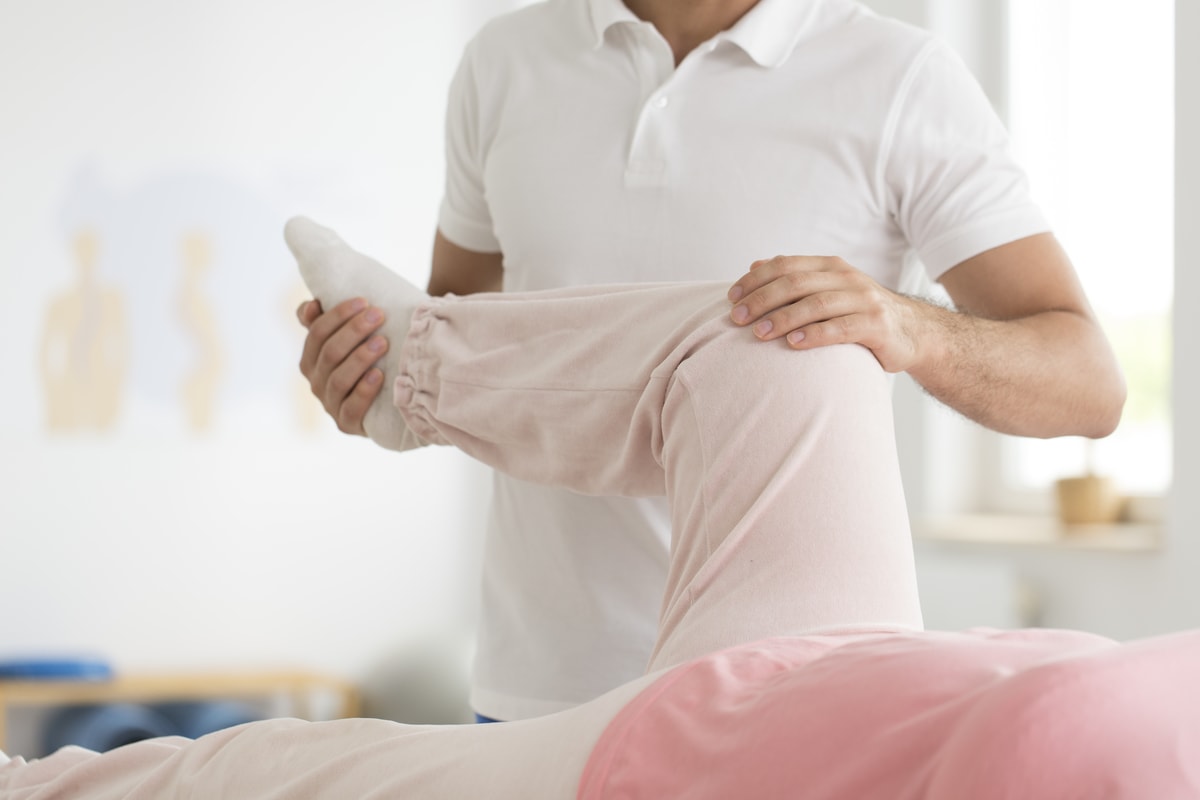
What are the benefits of passive stretching?
If you try out the finger stretching example, you’ll see that passive stretching (moving your fingers with external pressure), allows you to stretch your finger much further and much faster than active stretching. Because, you can push your fingers further than they can bend on their own.
This means, that with passive stretching, seniors can get to their stretching end goal much faster than with active stretching. Not only that, but passive stretching can give seniors an opportunity to sit back and relax while someone else does the hard work for them. Since the stretching is coming from an external pressure, seniors can get help from friends, family members, or caregivers. This makes passive stretching more enjoyable for many seniors, and makes it easier to psychologically maintain a steady schedule.
Note: If you’re still not sold on the benefits of passive stretching, here’s a fun fact that might just change your mind. According to research published in the Journal of Physiology, regular passive stretching done for a consecutive 12 weeks can help reduce stiffness in arteries, allowing for improved blood flow. This, in turn, can help prevent heart disease, stroke, diabetes, and more.
How to successfully engage in passive stretching?
As with all types of stretching, passive stretching requires consistent work if you want to reap the benefits. Stretching a little bit every day is better than stretching a lot every few days.
Each day that you stretch, your body builds on what it could do the day before. Like steps on a ladder. The more rungs you move up, the higher the rungs you can reach.
However, when you skip a day (or days) of stretching, your body doesn’t just stay where it was before. It actually moves down a rung.
So, essentially, on days that you miss stretching, you’re not just not moving forward, you’re actually moving backward. Which is why, consistency is key when it comes to passive stretching.
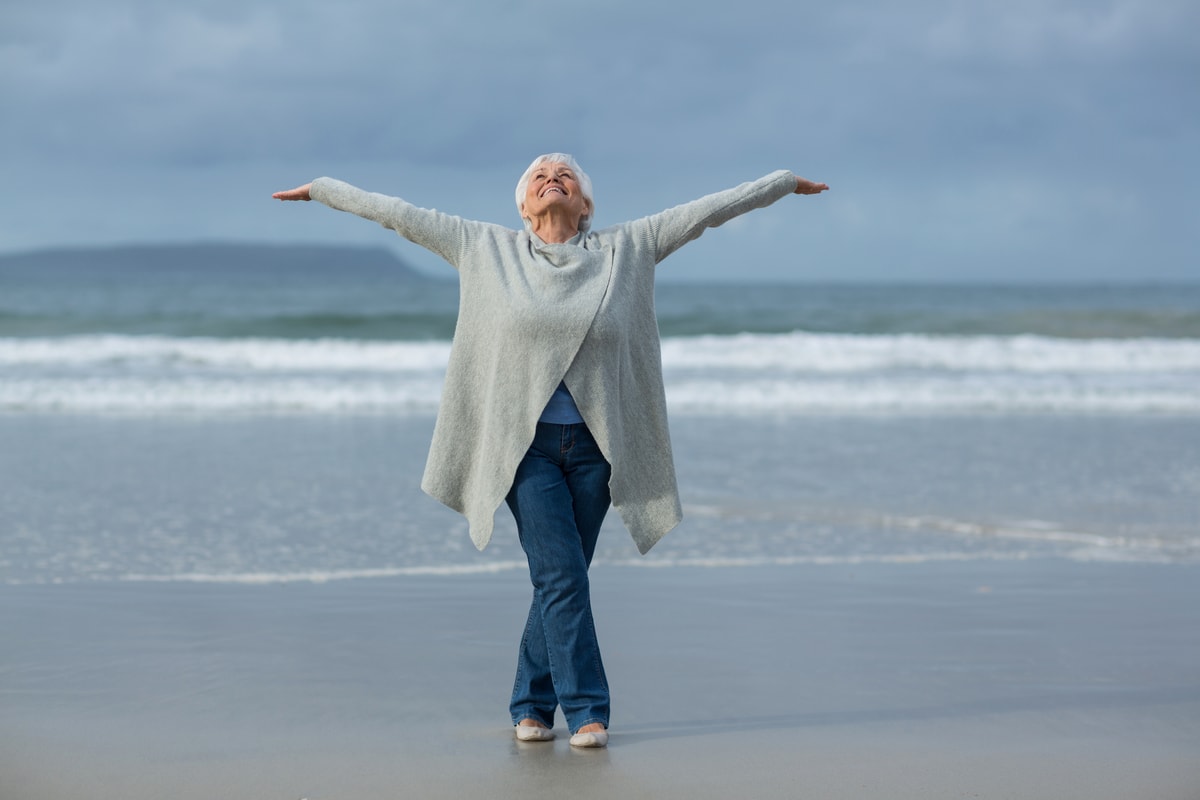
Passive stretching tips for caregivers.
As a caregiver, your job is two-fold for helping your senior successfully stretch.
First, you need to give your senior motivation and inspiration to keep stretching regularly. It can be difficult making a habit out of something new. And it’s all too easy to skip days or become lax with a new routine. However, for the best results, seniors need to passively stretch on the regular.
Second, you need to equip your senior with the tools to stretch whether you’re there or not. This might mean buying stretchy exercise bands so your senior can stretch on his or her own. Or, it might mean putting up signs around the house reminding your senior to stay on track.
And, just remember, stretching doesn’t have to be a chore.
It can be a fun and relaxing activity too!
